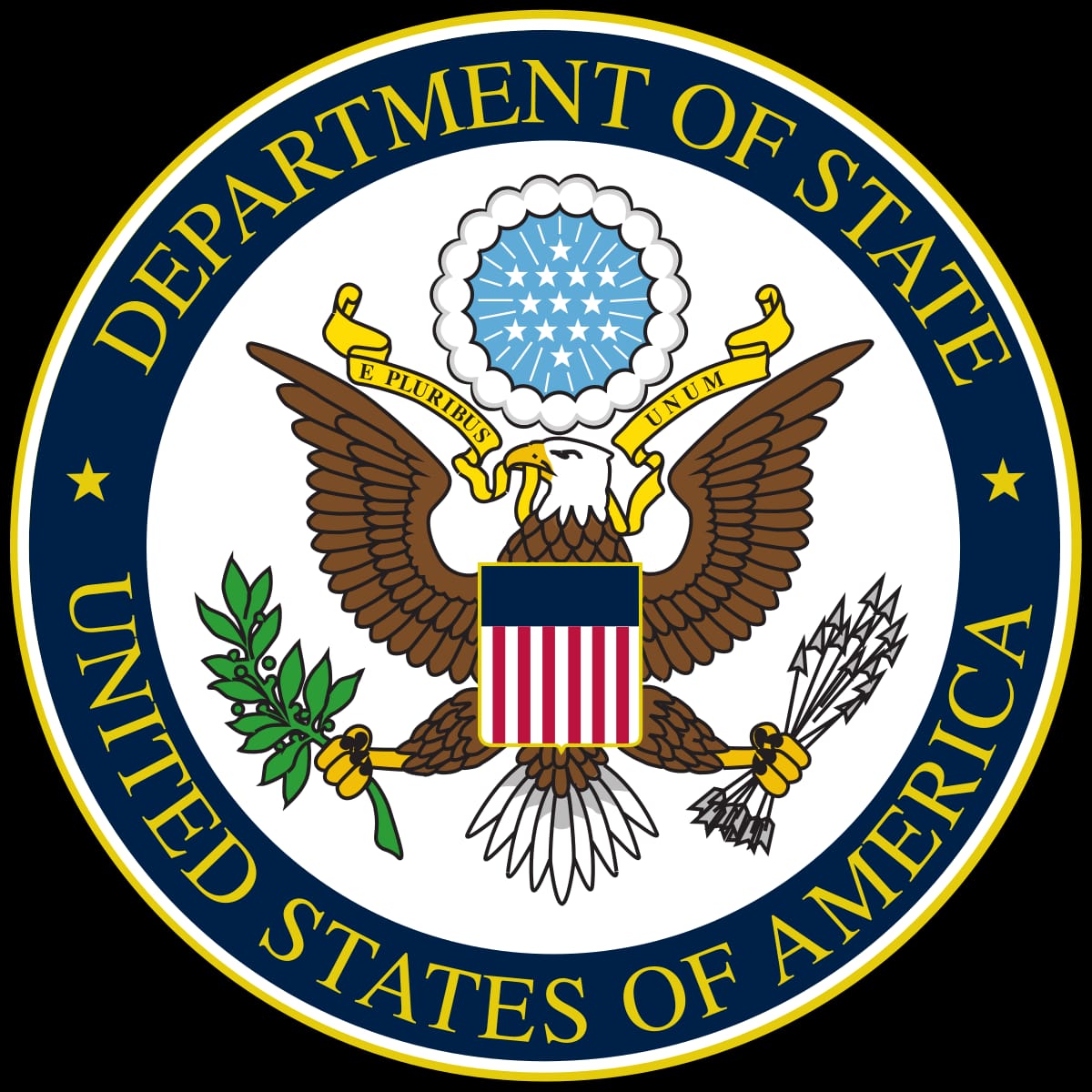With regards to the abuse of migrants, refugees, and stateless persons, there were reports that some displaced Venezuelan women experienced human rights abuses, including sexual exploitation, by government officials. This was highlighted in the most recent report by the U.S. Department of State on Guyana’s human rights record.
While the report did not provide much details on the issue, it said that in May 2019, three police officers were charged for allegedly raping a displaced migrant from Venezuela. It also said that as of September 2019, the case against the police ranks was continuing.
Guyana Standard on May 08, 2019 reported that Police Constable Corwyn Mingo was charged for engaging in sexual penetration with a Venezuelan woman without her consent; he was released on bail.
Constable Mingo along with two of his colleagues, Corporal Ceon Jones and Corporal Tevin Estrado, were at the same time charged for demanding 15-pennyweight of raw gold from over five Venezuelan women, with the intent to steal. The offence is alleged to have occurred at Makari Top, Mazaruni.
Last year September, Minister of Public Security Khemraj Ramjattan disclosed that for the period January to June 2019, there were 132 alleged victims of Trafficking in Person (TIP) of which Venezuelan women accounted for the majority.
According to the U.S. Department of State, “Non-Governmental Organization reported that Venezuelans received a lower standard of health and social care.”
It, however, commended government for cooperating with the Office of the UN High Commissioner for Refugees (UNHCR) and other humanitarian organizations in providing protection and assistance to displaced persons.
The report was keen to point out that although the Guyana government is not a signatory to the 1951 Convention on Refugees, the government reported that it did not prosecute or deport Venezuelans seeking refuge.
The U.S. Department of State reported that in the absence of national legislation and requisite government capacity, UNHCR assumed the main responsibility for determination of refugee status.
“The government also provided temporary protection to individuals who may not qualify as refugees and provided it to approximately 10,380 persons during the year,” the report added.











